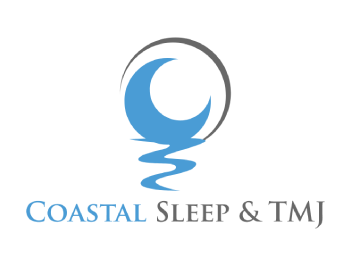There are three main types of sleep apnea with obstructive sleep apnea (OSA) being the most common and often easily treated with a sleep appliance. The other two types are central sleep apnea and complex sleep apnea. While central sleep apnea is still rare, complex sleep apnea has been diagnosed at an increasing rate as scientists and medical professionals deepen their understanding of the condition and its underlying causes. Complex sleep apnea is essentially a combination of both central and obstructive symptoms where the patient does not experience a resolution of symptoms after treatment with the CPAP or an oral appliance. Patients with complex sleep apnea will often continue to experience apnea even while using a CPAP.
The commonality among all sleep apneas is the “apnea” or repeated momentary cessation of breathing during sleep. Obstructive sleep apnea occurs because the soft tissue at the back of the throat is collapsing inward and obstructing the airway. Therapy is designed to enable the airway to remain open and oxygen to flow continuously, resolving the obstruction and allowing patients to restore their sleep quality. The trigger in OSA is physical and able to be managed with today’s treatment options.
Complex sleep apnea is diagnosed when a patient is not fully responding to CPAP therapy and continuing to experience apnea events during sleep, even though the airway is now more open. The underlying cause is often neurological and not able to be resolved by current therapies. It is also possible for patients to develop complex sleep apnea after using the CPAP or an oral appliance for an original diagnosis of OSA. In most cases, this will resolve over time and with continued use of your appliance. The risk factors for and causes of complex sleep are still being researched. If you are continuing to experience poor sleep quality after treatment, Dr. Harper will work with you to monitor symptoms and coordinate medical care as needed.
Sleep apnea is a serious health condition that raises your risk for sudden heart attack or stroke the longer it goes untreated. If you or a loved one snores, wakes up feeling groggy or tired, or is experiencing difficulty concentrating during the day, consider coming in for a consultation and a possible sleep test. Dr. Harper is a leading local dentist for dental sleep medicine and oral appliance therapy to treat sleep apnea. He works with leading medical professionals in the local community to support patient care.
